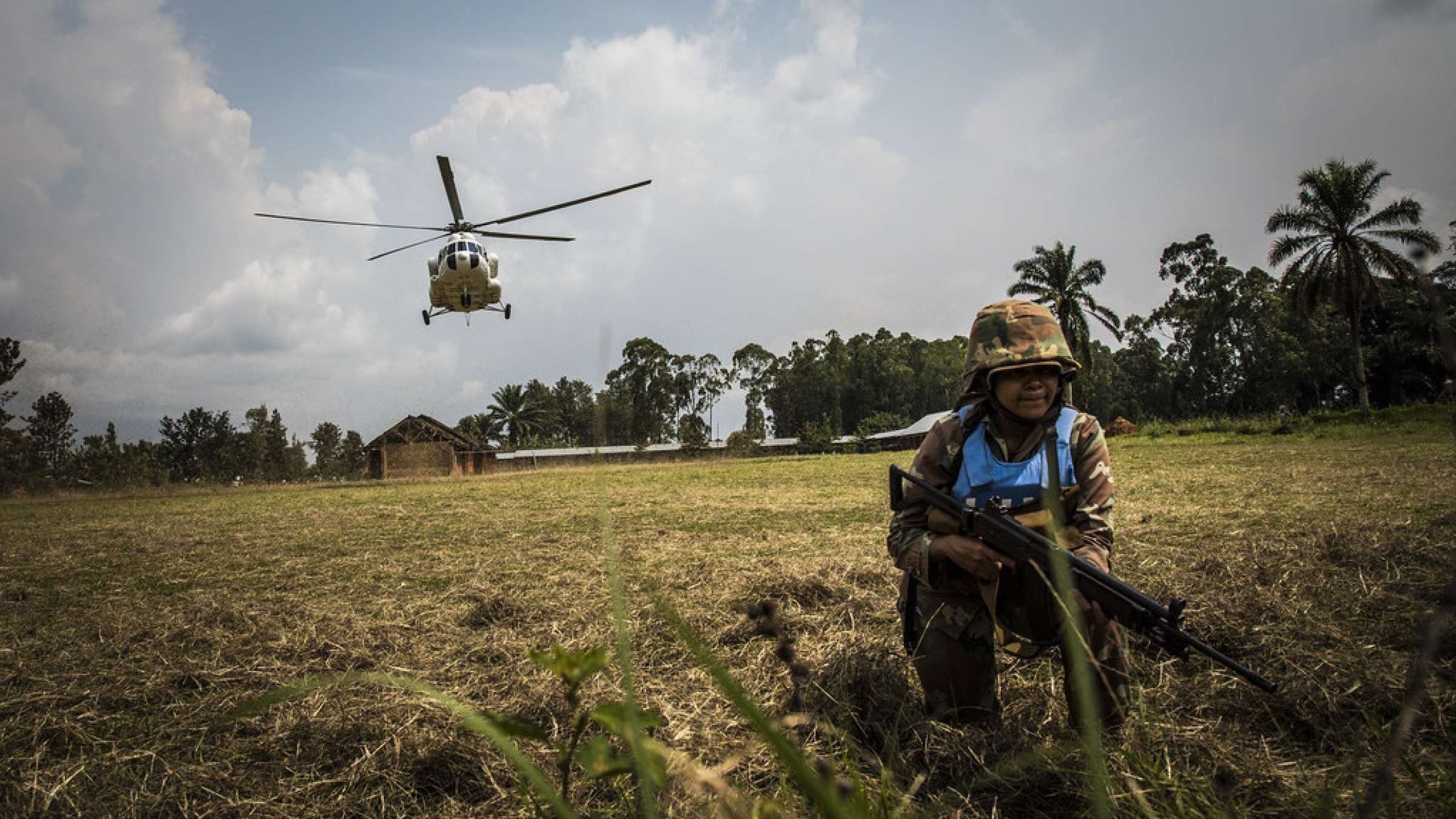WRC5 Technical Session: Assessing Recovery in Complex and Interconnected Disaster-Conflict Events
Watch this session on-demand
Recovery from situations where disasters (including COVID-19) occur in a conflict situation is particularly challenging. The first step in preparing a recovery framework for these complex crises is to assess the impact of the interconnected events and the needs for recovery. This requires attention not only to socio-economic reconstruction but also to peacebuilding.
A hybrid approach is warranted for several reasons. There is guidance on how PDNAs can be more conflict-sensitive. However, PDNAs do not assess the nature of conflict and opportunities for peacebuilding. RPBAs are designed to focus on recovery for peacebuilding but do not incorporate resilience to and recovery from disaster risks as part of their framework. Thus, neither approach is adequate for the task of assessing recovery from these complex, interconnected events.
Session objectives
- Understand the current assessment approaches (conflict-sensitive PDNAs and RPBAs);
- Clarify the roles that disaster-conflict recovery assessment should play, including towards the development of integrated recovery frameworks for disaster and conflict recovery and peacebuilding;
- Review recent experience with hybrid approaches that have been used for recovery assessment in complex settings;
- Develop recommendations for improving recovery assessment in complex and interconnected disaster-conflict events.
Moderator
- Mr. Ayaz Parvez, Senior Disaster Risk Management Specialist, Global Facility for Disaster Reduction and Recovery (GFDRR), World Bank
Case Study Presenters
- Mr. Miguel Kattan, Secretary for Commerce and Investments, Government of El Salvador, and Jerson Rogelio Posada, Vice Minister of Finance, Government of El Salvador
- Ms. Joy Aoun, Disaster Risk Management Specialist, World Bank
Panelists
- Mr. Tom Hockley, Team leader, European Union Foreign Policy Instrument under EU-UN-WB Joint Declaration on Post-Crisis Assessment and Recovery Planning
- Ms. Rita Missal, Recovery Advisor, a.i., Crisis Bureau, United Nations Development Programme
Learn more
Where do we stand
The main approaches to understanding impacts and needs from disaster-conflict events are conflict-sensitive Post-Disaster Needs Assessments (PDNAs) and Recovery and Peace-Building Assessments (RPBAs) which emerged from post-conflict needs assessments. PDNAs have largely been developed and managed by the disaster risk management community while RPBAs are the territory of the fragility, conflict and peacebuilding community. However, there is no common approach to assessing recovery needs from disaster-conflict situations such as the occurrences of drought and civil war in Somalia, cyclones and Rohingya refugees in Bangladesh or earthquakes and civil unrest/political instability in Haiti.
Session guiding questions
- How do disaster-conflict events differ from purely natural disaster occurrences or conflict situations? Are there implications for needs assessment and recovery?
- What are the strengths and weaknesses of existing approaches?
- What elements of disaster risk management and peacebuilding should be included in a recovery assessment?
- What has been learned from experiences with hybrid approaches to disaster-conflict assessment?
- How should the assessment approach to recovery needs for disaster-conflict events improve? How could these recommendations be adopted?

Agenda
Location
BICC First Floor
Online access
Participation
Open to those registered for the conferenceInterpretation
EN, FR, ESDetails
Contact
Haris Sanahuja [email protected]; Rita Missal [email protected]
